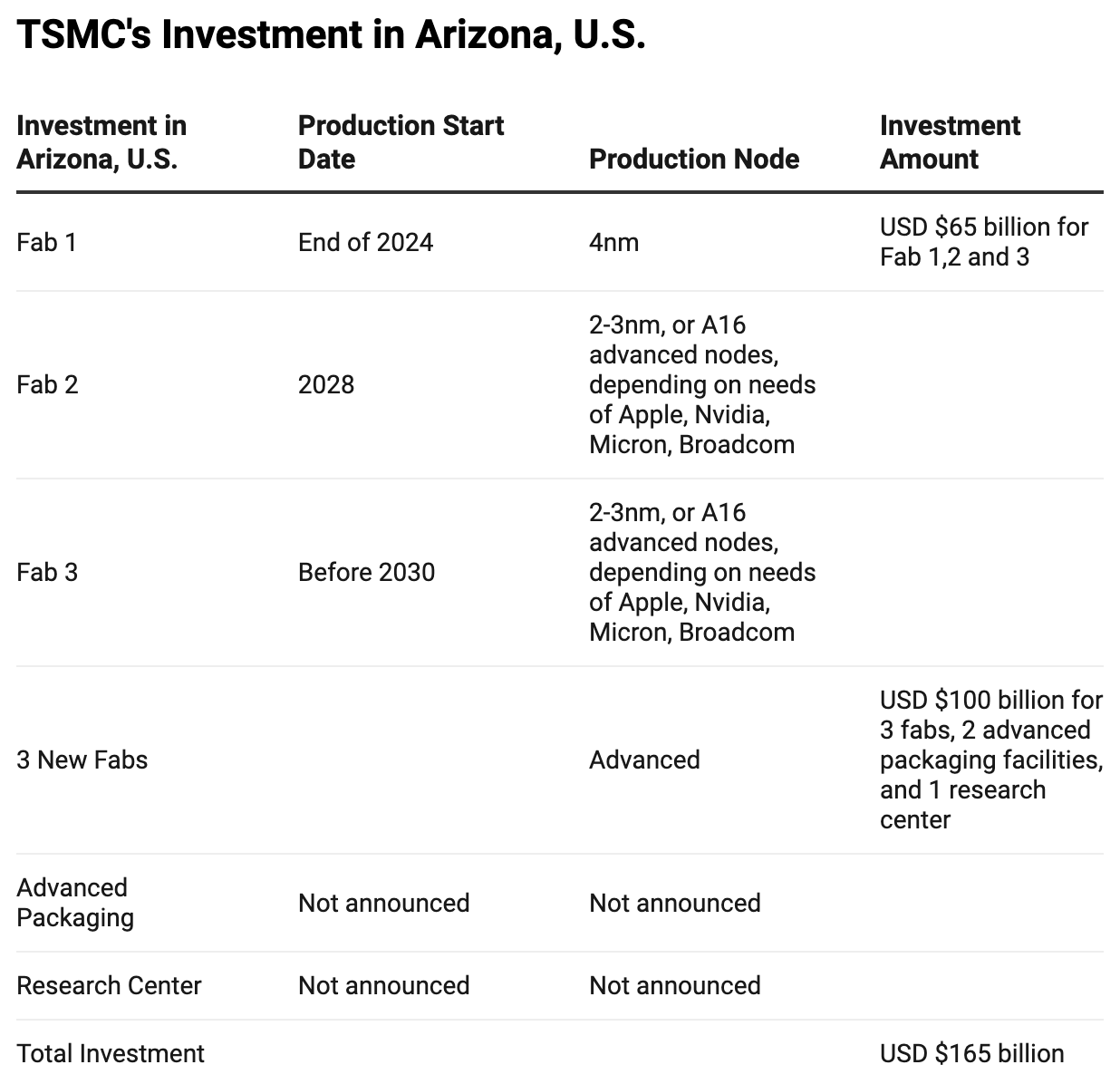India-Pakistan Ceasefire: A Turning Point for Global Manufacturing
How Recent Developments Influence Apple's Strategy and TSMC's Expansion
In a significant diplomatic breakthrough, US President Donald Trump announced that India and Pakistan have agreed to a full and immediate ceasefire. This development follows heightened tensions and military confrontations between the two nuclear-armed nations. The ceasefire, mediated by the US, aims to de-escalate the conflict and prevent further violence in the disputed region of Kashmir.
The geopolitical risks between India and Pakistan date back to 1947, when both countries gained independence from British rule. The conflict primarily revolves around the disputed region of Kashmir, which has been a flashpoint for multiple wars and skirmishes. The religious divide, with Pakistan being a Muslim-majority country and India having a significant Hindu population, has further fueled tensions.
The recent ceasefire is crucial for Apple's strategy shift to India, as it reduces the geopolitical risks associated with manufacturing in the region. Apple plans to move the assembly of iPhones sold in the US from China to India by 2026. This strategic shift is driven by rising tariffs and geopolitical tensions between the US and China. By relocating production to India, Apple aims to mitigate the impact of these tariffs and reduce its dependency on Chinese manufacturing.
Taiwan Semiconductor Manufacturing Company (TSMC), the world's leading chip maker, plays a pivotal role in global technology and security. TSMC's expansion in the US, with a total investment of $165 billion, includes the construction of new fabrication plants, advanced packaging facilities, and a major R&D center in Arizona. This expansion is expected to create tens of thousands of high-paying, high-tech jobs and drive significant economic output.
Dr. Da-Jung Li, Professor and Director at the Graduate Institute of International Affairs, Tamkang University, highlighted the potential risks and opportunities of TSMC's global expansion. While it enhances supply chain resilience and strengthens the Taiwan-US partnership, it also raises concerns about the erosion of Taiwan's "silicon shield" – the idea that Taiwan's centrality in global chip production deters aggression from Beijing.
Keep reading with a 7-day free trial
Subscribe to Cash Flow Collective to keep reading this post and get 7 days of free access to the full post archives.


